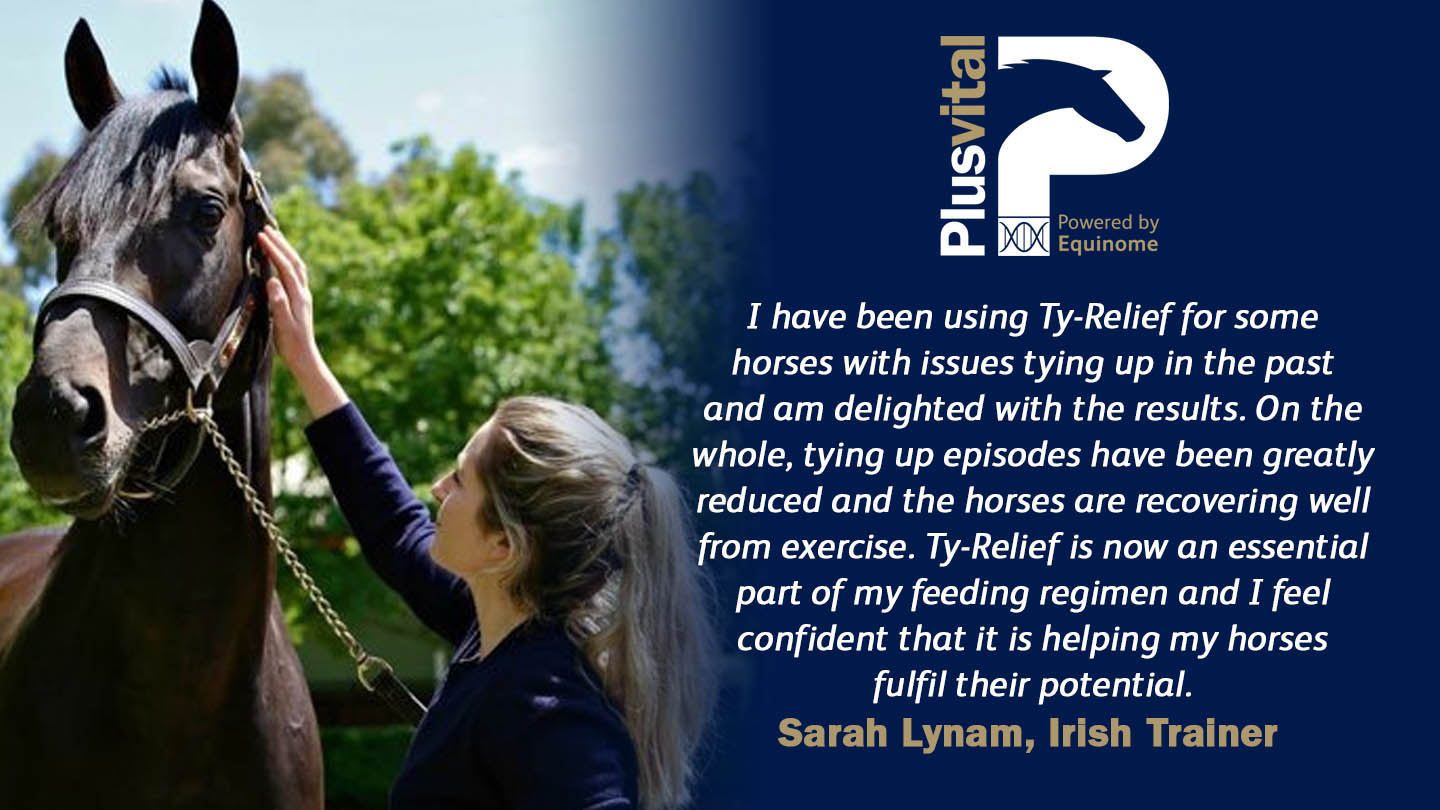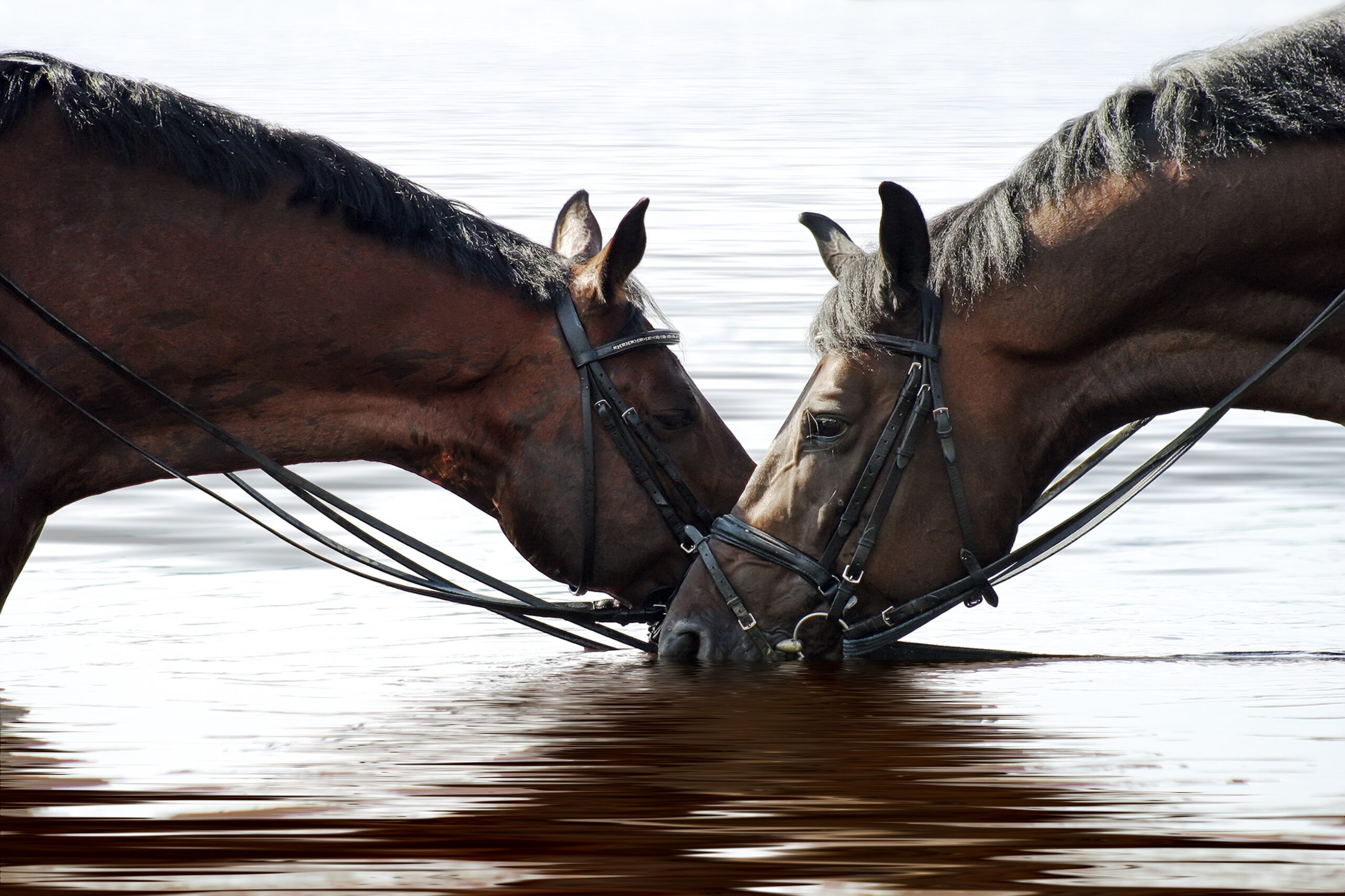Tying-Up In Horses And How To Manage It
Tying-Up In Horses And How To Manage It Exertional rhabdomyolysis (ER) or Tying-Up is a broad term that is frequently used to describe a wide variety of muscle disorders that affect the performance horse. Typical signs of Tying-Up include a horse which becomes stiff, sweats, and is reluctant to move. There is generally a massive…













